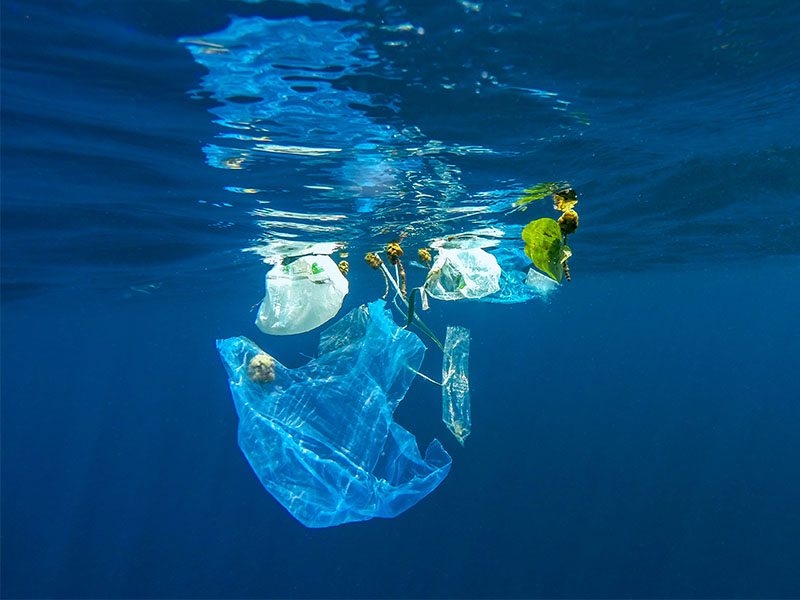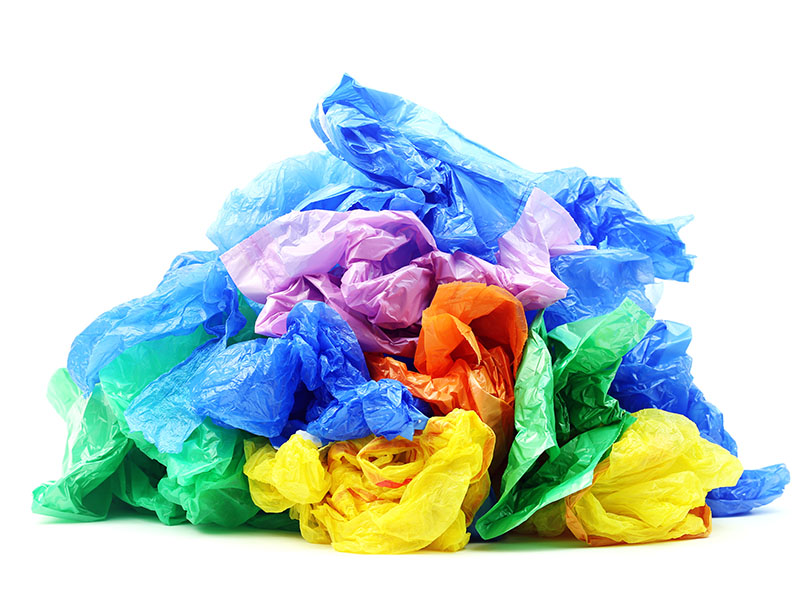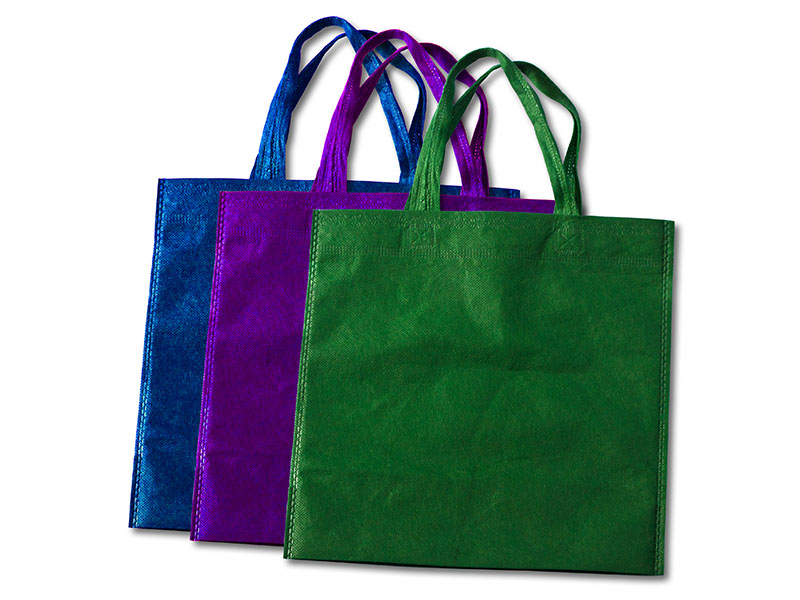Plastic bags are a super convenient short-term solution that are used across many aspects of daily life, but what about their long-term effect on the planet?
We’ve just had Plastic Free July, a global movement to encourage people around the world to stop using plastic. And it got us here at Expat Living thinking about our own use of plastic materials. So, we made a change when we were told the laminate of the front cover wasn’t bio-degradable. Now? The entire magazine is completely recyclable. And it feels good.
How about you; what can you do to help? Well, you could start by refusing single-use plastic bags. Why? Because the world uses five trillion of them a year! That’s 160,000 for every second, or 700 a year for every single person on the planet. Truth be told, your own plastic bag usage may well be closer to double the 700, as there are plenty of people around the world who don’t use any at all. Wealthier countries tend to use more.

Granted, those numbers aren’t exact. In fact, nobody seems to be able to really keep track of how many bags are being produced and used. But even the most conservative figures, those published by the Earth Policy Institute, suggest that two million bags are used per minute. Worse yet, according to environmental resource The World Counts, only one percent of these bags are recycled.
Ouch. That’s bad. You know it’s bad. I mean, we can all list the things that are terrible about plastic bags: harm to animals, contamination of food supplies, global warming and so much more. You know all this. You must – the message is everywhere you turn.
Places with bag bans
Thankfully, the world is finally listening. As of last July, 127 countries have banned or taxed bags, according to the United Nations. And it seems everybody is getting on the bandwagon; even an Al Qaeda-backed terrorist group reportedly banned plastic shopping bags last summer as “a serious threat to the wellbeing of humans and animals alike.” Wow. They’ll blow up people, but won’t use a plastic bag – seems a bit ironic.
Bangladesh was the first country to completely ban bags – way back in 2002. But it is Africa, perhaps surprisingly, that has the most countries (34) adopting bag-related regulations, some of which are pretty tough, too. Kenya is particularly punitive: plastic bag manufacturers, importers, distributors and users face fines of up to US$38,000 or four years in jail.
But do these bans work? Sometimes. Denmark was the first to pass a plastic bag tax, in 1993. Now? Each person living there uses just four bags a year. Some studies show that, while shopping bag use declines after legislation is passed, the sales of trash bags climbs. Kenya has even seen bag “cartels” pop up: people who smuggle in plastic bags from neighbouring Uganda and Tanzania. Crazy, right? And, of course, the folks who make the plastic bags are doing all they can to fight these bans. After all, they’ve made a ton of money since this convenient product exploded on the scene post-World War II. Plastic bags are such a part of life now. It’s hard to imagine that it wasn’t until the 1970s that they gained popularity.
Action at home
The United States is the worst offender with only a few states banning or limiting use. Shockingly, Singapore, which is such a green nation, has no plastic bag regulations in place.
The good news is that people here are starting to do something. For starters, there’s an organisation called Bring Your Own (Singapore). Its basic mission is to work with retailers to offer incentives to customers to bring their own reusable bags, bottles or containers. As of May 2019, it had 632 outlets from 82 brands participating.
In July, Bring Your Own took things one step further by targeting a specific industry, launching the Bread Without Bags campaign. The idea was to encourage bakeries across Singapore to give incentives to their customers to bring their own bags. And it was successful, too. Well over 20 bakeries, including the likes of Maison Kayser and Keong Saik Bakery, as well as shopping centres such as Takashimaya and City Square Mall participated. (Want to get involved yourself? Check out byosingapore.com.)
It’s a good start, but we can do more. Don’t wait for a law or a tax. Just take it upon yourself and do the right thing. Bring your own bags. Stop using plastic ones. Help save the planet. It’s that simple.
Did you know?
- The amount of petroleum it takes to produce one plastic bag could drive a car eleven metres.
- A plastic bag is used for an average of 12 minutes.
- Plastic bags are among the 12 items of debris most found in coastal clean-ups.
- If we joined all the plastic bags in the world together, they would circumnavigate the globe 4,200 times.
- If just one person used recycled plastic bags over their lifetime, they would be removing 22,000 plastic bags from the environment.
For more helpful tips, head to our Environment section.
Our drowning planet
10 wild animals you can spot in Singapore
Women can use 9,600 tampons in a lifetime – here’s an alternative
This article first appeared in the August 2019 edition of Expat Living. You can purchase a copy or subscribe so you never miss an issue!
Don't miss out on the latest events, news and
competitions by signing up to our newsletter!
By signing up, you'll receive our weekly newsletter and offers which you can update or unsubscribe to anytime.





